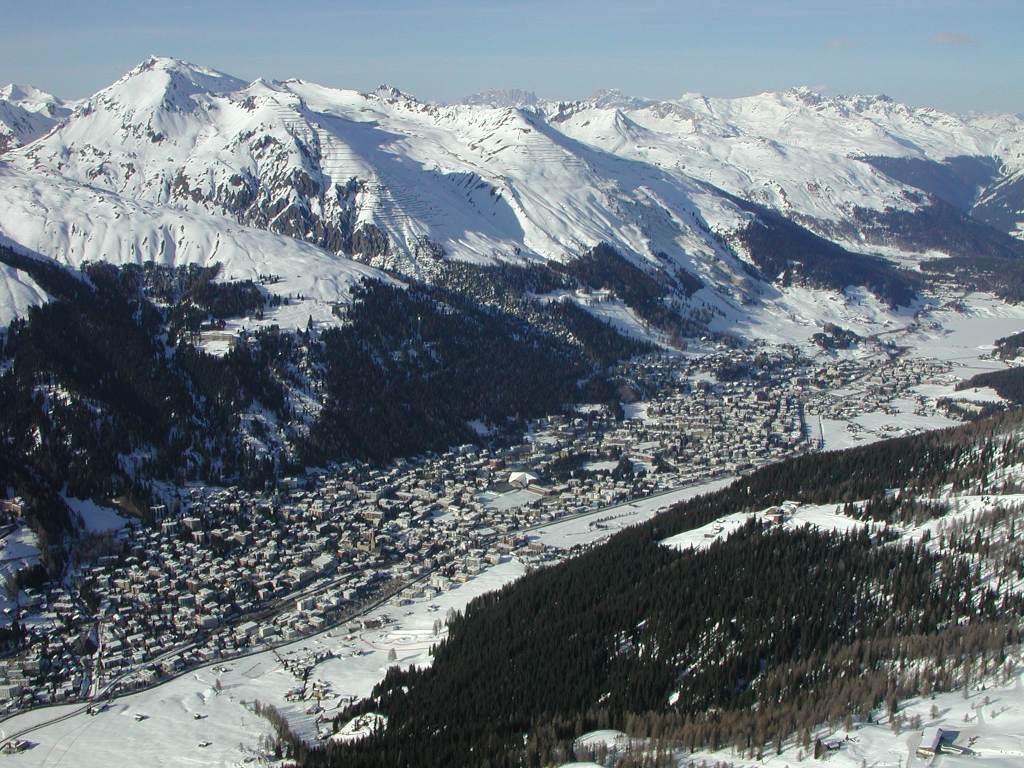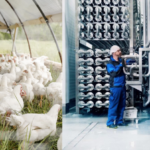This week, from the 20-23rd of January, over 2500 of the worlds top leaders are gathering in the Swiss alps for the 46th annual meeting of the World Economic Forum – not for the purpose of skiing – but to discuss the pressing issue on how we best can master the Fourth Industrial Revolution. The refugee crisis, climate change, poverty and rising unemployment are likely to be among the big themes.
It is no secret that breakthrough technologies, demographic shifts and political transformations have far-reaching societal and economic consequences. A big concern in Norway at the moment is how the Fourth Industrial Revolution, combined with the fall in oil prices, will transform our labour markets.
Several companies, particular in the oil industry, have already been affected, and last week could also oil service company Aker Solutions report that as much as 900 of its employees risk loose their job by the end of the year. The need to create new jobs, especially within the green sector, is therefore necessary, if the revolution is going to have a positive outcome for Norway
According to World Economic forum (WEF), it is estimated that a whopping 7.1 million jobs could be lost through redundancy, automation or disintermediation worldwide, with the greatest losses in white-collar office and administrative roles.
Widening wealth gap
The idea behind the WEF annual meetings is not to resolve the problems right there and there, but to spark ideas and conversations. Another issue that will most certainly spark conversations among the confirmed guests, including Bill Gates, U.S. Vice President Joe Biden, Greek prime minister Alexis Tsipras and UK’s David Cameron, is the widening wealth gap, which yet again, only increases the challenges the world is now facing with the Fourth Industrial Revolution.
Although poverty has fallen in the last decades, paradoxically inequality in many countries has risen. According to anti-poverty charity Oxfam the wealth gap is widening faster than anyone anticipated. Just 62 people, 53 of them men, now own as much wealth as the poorest half of the entire world population – and the richest 1 percent own more than the other 99 percent put together.
A big part of the meeting will thus be focusing on the importance of businesses using their science, scale, and smarts to find new innovative ways to not only create new jobs, but new business modells that will foster both economic growth and social inclusion around the world.










[…] Although China´s economy only grew 6.9 percent last year, Jiang Jianqing, chairman of Industrial and Commercial Bank of China, said the country was “still the locomotive for the world economy, contributing a quarter of world growth”, at the Davos conference. […]
[…] gjør det fåfengt å holde fast i gårsdagen, vi tenker her både på NHO’s årskonferanse, Davos konferansen i forrige uke og det hele ble etter min mening toppet av tirsdagens DNV GL ’s imponerende […]
[…] of the main topics during the World Economic Forum (WEF) meeting in Davos last week, was the technological revolution´s effect on global labour markets. According to WEF, it is estimated that as much as 7.1 million jobs could be lost through […]
Fourth industrial revolution? What is that?
Instead of calling it a crisis, call it The refugee opportunity, climate opportunity, poverty opportunity and rising unemployment opportunity….and see if our attitude changes.